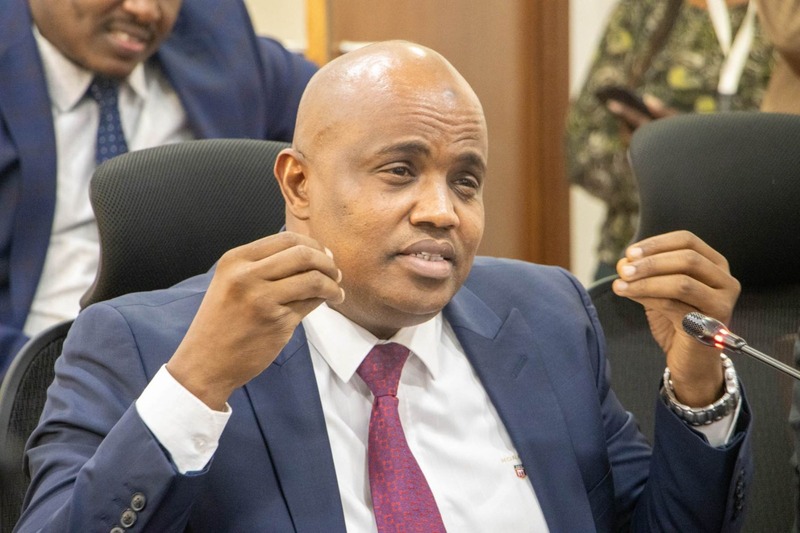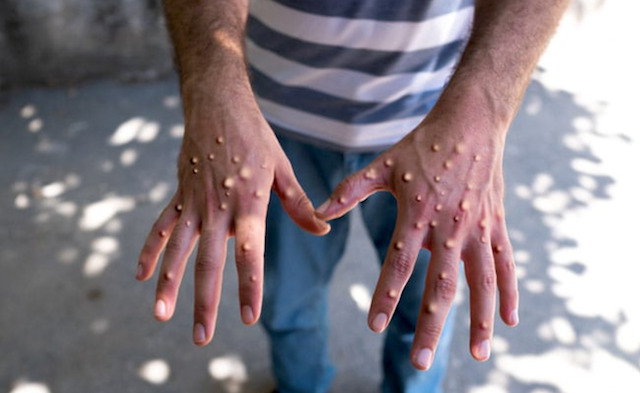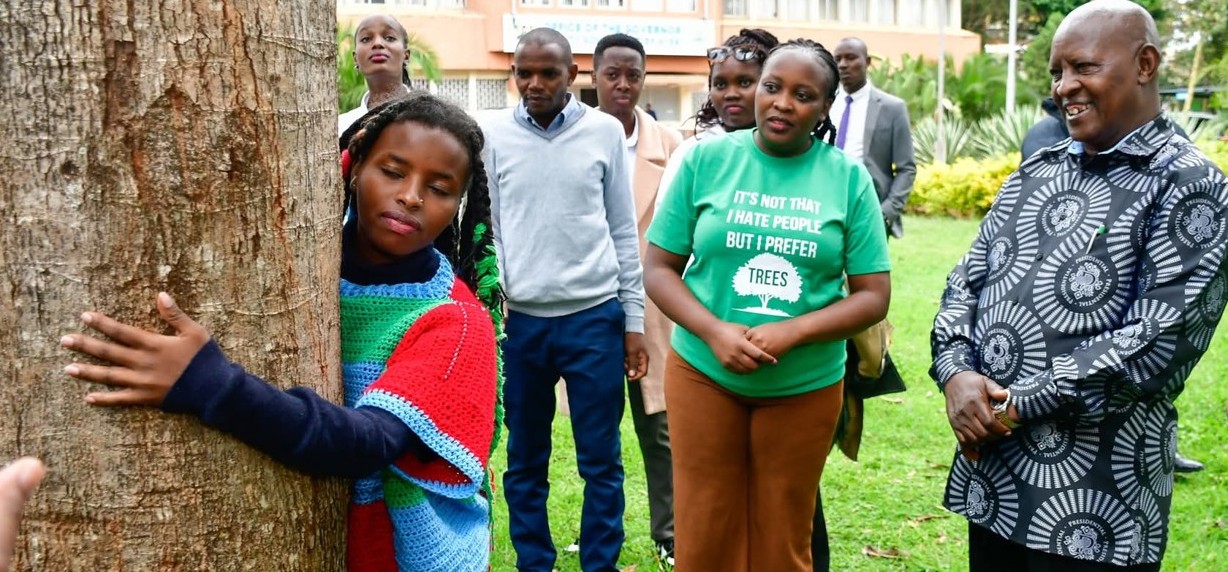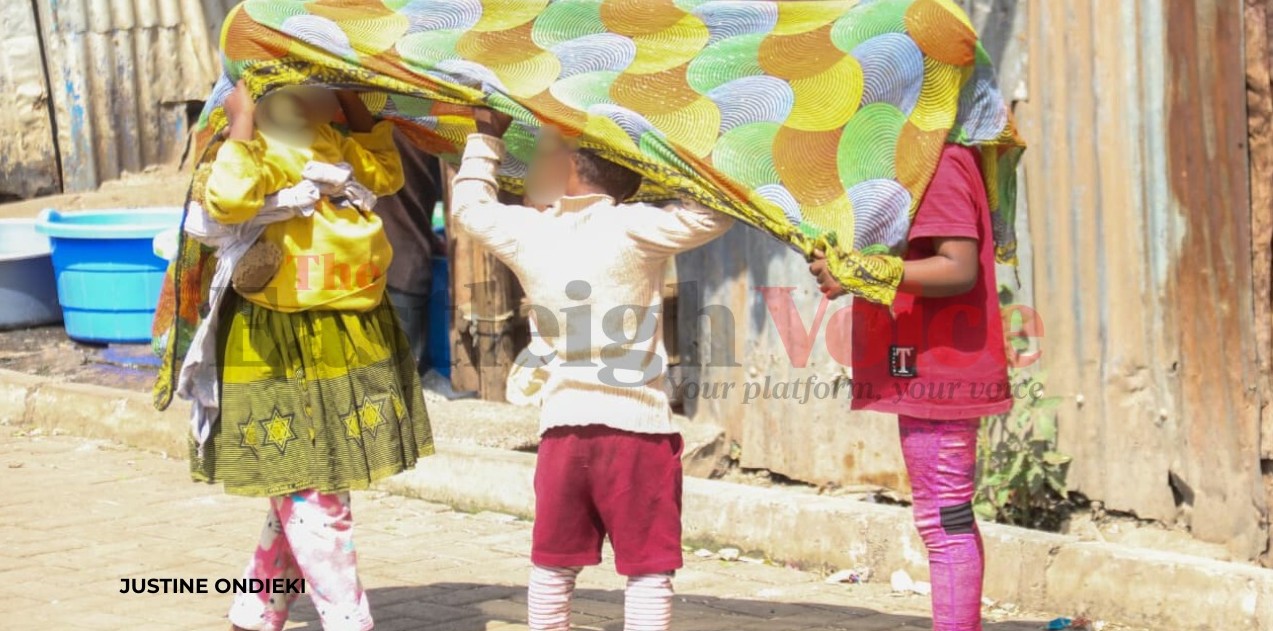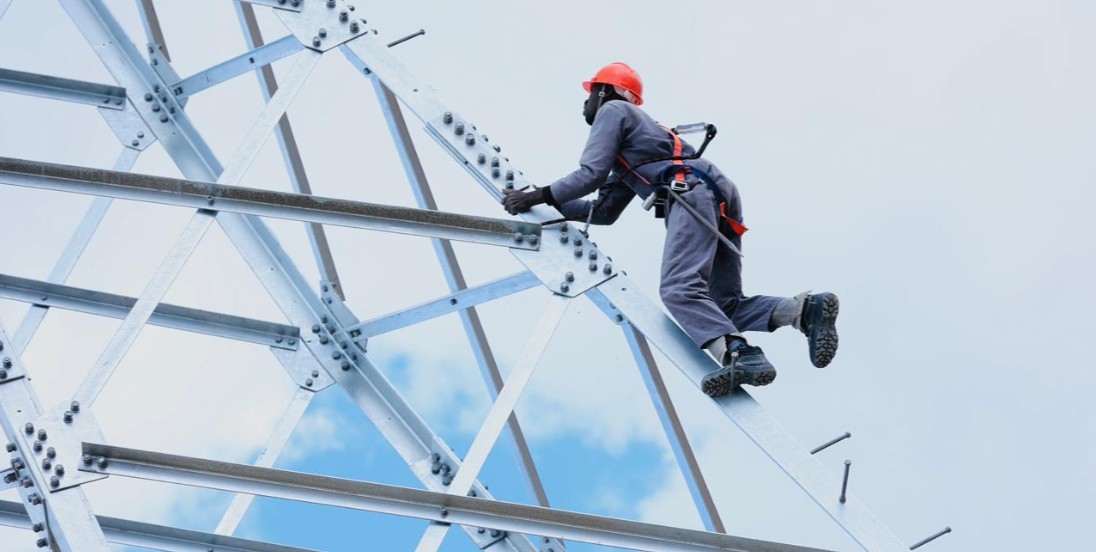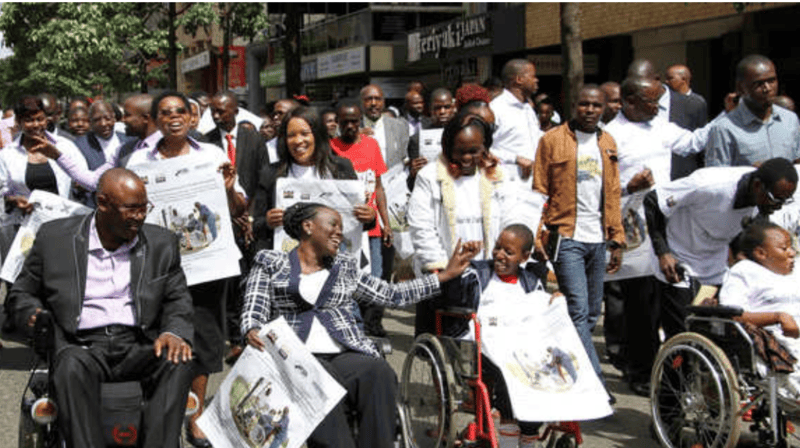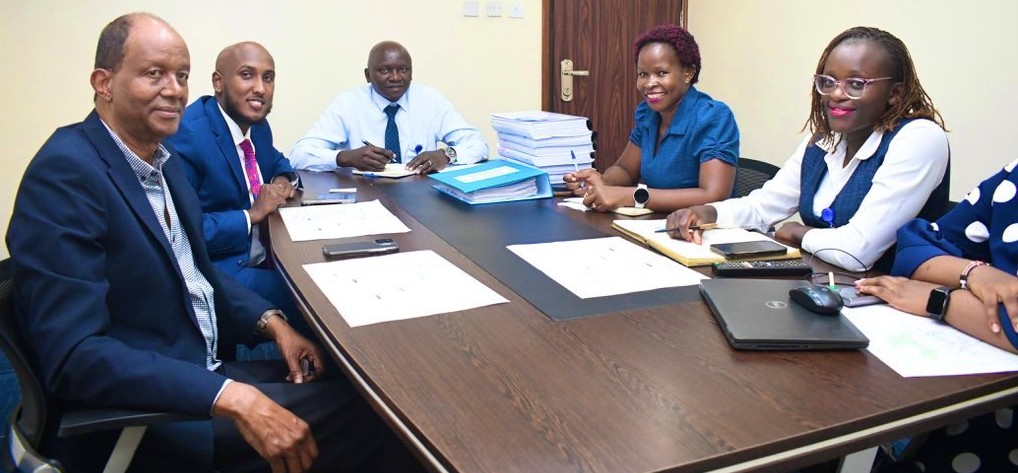Nairobi informal areas get sanitation boost through new simplified sewer system
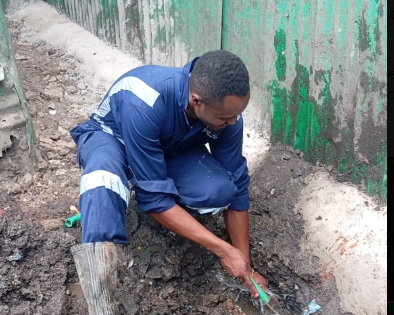
He revealed that the connected areas have not recorded any cholera cases over the past two years, which he attributed to better waste management and hygiene made possible by the new system.
Efforts to improve sanitation in Nairobi’s informal settlements have received a major boost following a new project by the Nairobi City Water and Sewerage Company (NCWSC) that is linking slum households to a simplified sewer system.
The initiative is designed to stop the flow of untreated waste, address blocked sewers, and reduce disease outbreaks in congested neighbourhoods.
More To Read
- High-rise living in Nairobi’s Pipeline estate is stressful: How men and women cope
- Nairobi Water digitises services to curb losses, speed up billing
- Nairobi Water employee fined Sh8.5 million for using forged KCSE certificate to secure job
- Nairobi Water to cut supply from October 15 over unpaid bills
- Eastleigh, Westlands and Kilimani among 16 Nairobi estates to face two-day water disruption
- Kenya’s urban slum schools: Why access doesn’t guarantee better learning outcomes
According to Acting Managing Director Martin Nang’ole, the system offers a more practical and affordable solution for slum areas where conventional sewer lines have been difficult to install.
In Mukuru kwa Reuben, 200 households have already been connected, improving living conditions for more than 80,000 residents.
“We have laid about 3.9 kilometres of sewer line in Mukuru kwa Reuben and connected 200 households. This has greatly improved sanitation in the area, and we are in the process of extending the system to other locations,” Nang’ole said.
He revealed that the connected areas have not recorded any cholera cases over the past two years, which he attributed to better waste management and hygiene made possible by the new system.
The project is being carried out in partnership with Water and Sanitation for Urban Populations (WSUP) and the Athi Water Works Development Agency (AWWDA).
Nang’ole explained that, unlike traditional systems, the new design uses flexible pipes buried about one metre deep, reducing both cost and installation time.
“It is not complicated. We dig about one metre deep, which makes it cheaper. So far, we have spent about Sh5 million, and the entire project is expected to cost between Sh40 million and Sh50 million once completed,” he said.
Over the next two years, NCWSC plans to extend the sewer network to at least 2,000 additional households while also increasing clean water access in the targeted communities.
The company has identified other slums, including Mathare, Kibera, Kawangware, and Korogocho, as the next beneficiaries of the modern system. Nang’ole said the approach also includes installing water dispensers within the connected zones, allowing residents to access clean water conveniently and at fair prices.
“Cartels in informal areas sell water at around Sh20 or more. We are addressing this issue and have now installed 13 water dispensers, where residents can access water using tokens,” said Nang’ole.
He added that the project is providing jobs for residents, who have been hired as labourers, and that most materials used are sourced from within the country to cut costs and promote local supply chains.
Top Stories Today



